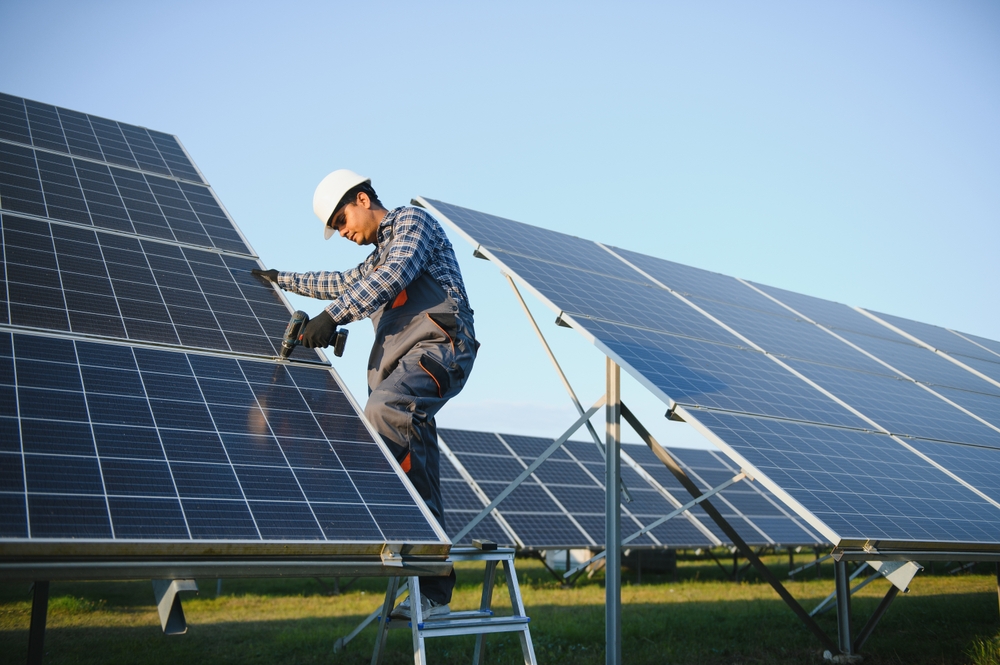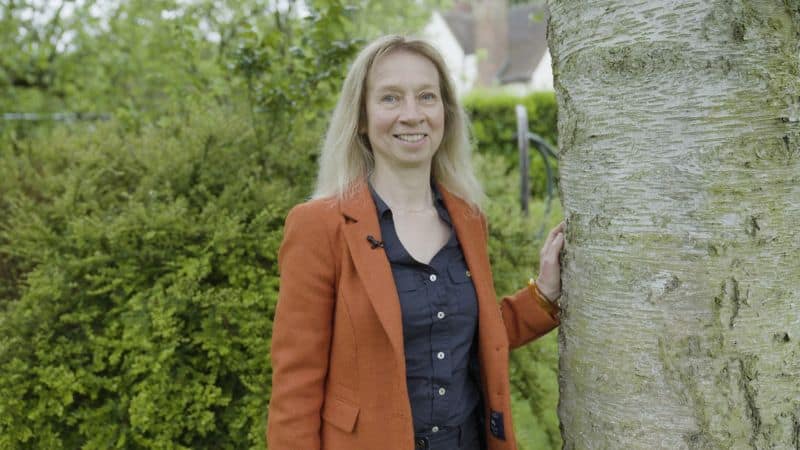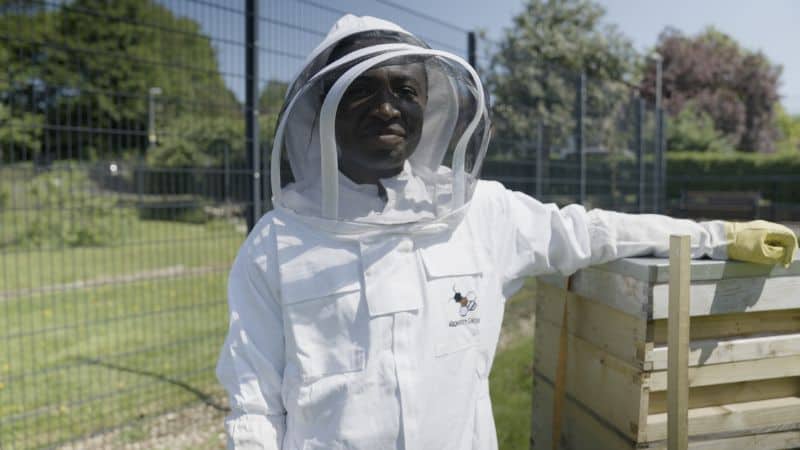Solar PV Installers are at the heart of the industry. This role is what most people think of when discussing solar installations and it covers the set-up and installation of solar panels. Although Construction Workers can install solar panels, they can only be connected to the solar system, to the building or arrays transformer, and to the power network and/or the National Grid by a fully qualified Electrician.
with the higher end reserved for Solar PV Installers who can inspect and commission solar systems
with basic salaries in excess of £60k not unknown.
Solar PV Installers are key players in the transition to net zero.
Please note: the information in our job profiles aims to give a general overview of the role and a guideline to what it involves. The content is not intended to be exhaustive and roles will vary depending on the organisation and sector. The salary ranges are a guide only, as these are dependent on the size and location of the organisation.
How does this role align to the green agenda?
They help combat climate change by setting up solar panels that turn sunlight into clean electricity, reducing the need for fossil fuels. Their work empowers homes and businesses to be less reliant on traditional energy sources, saving money and reducing their carbon footprint.
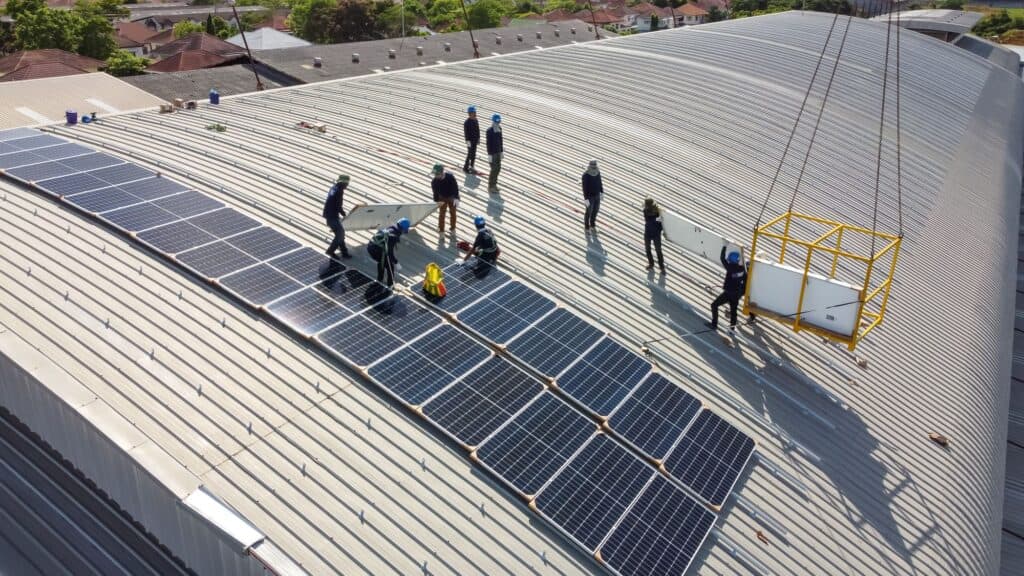
Skills and capabilities
Solar PV Installers may also need patience and the ability to remain calm in stressful situations, depending on the work they are taking on a day-to-day basis.
Technical knowledge
- Knowledge of building and construction
- Good product knowledge
- Electrical / technical knowledge
- The ability to work at height.
Transferable skills
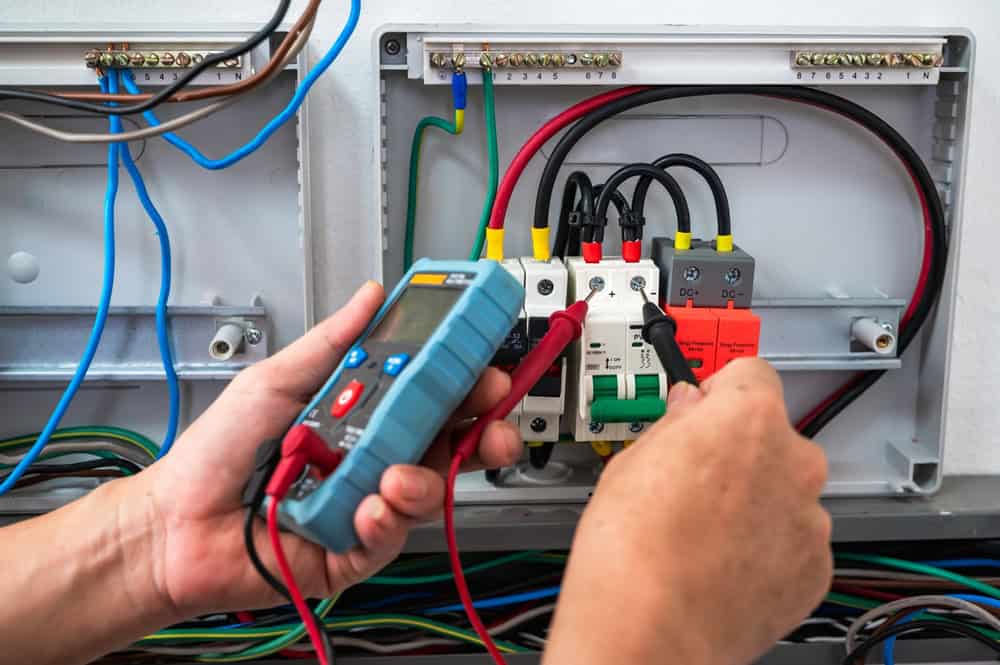
A day in the life of Solar Photovoltaic (PV) Installer
A day in the life of a rooftop Solar PV Installer is characterised by a diverse range of tasks aimed at harnessing solar energy and promoting sustainable practices. It typically commences with team meetings and comprehensive safety checks, as safety is paramount in this role. The core tasks involve the physical installation of solar panels on rooftops, where attention to detail is crucial in securing the mounting structures and panels.
The installation process is followed by intricate electrical work, including wiring and connection to the building’s electrical system. Subsequently, rigorous testing and commissioning procedures are conducted to ensure the solar PV system functions optimally. Challenges in this role include exposure to various weather conditions, demanding physical labour, and the need for precision in technical work.
The scope of the role may differ between small and large organisations. In smaller teams, installers often have a broader set of responsibilities, potentially encompassing customer interactions and project management, while larger companies may offer specialised roles focused solely on installation tasks.
The combination of technical expertise, commitment to sustainability, and the opportunity for hands-on work makes this profession appealing to those seeking to contribute to the growth of renewables in the UK.
A Solar PV Installer might advise customers on any planning requirements, although these aren’t currently needed in the UK for most domestic solar installations. They will measure, cut, assemble, and bolt structural framing and solar modules, safely attaching panels to roofs or other structures. They will also inspect installed equipment to ensure the installation meets all regulatory requirements. It is their job to ensure the system works, and is safe, secure, and fit for purpose.
There are 39,000 Specialist Roofers in the UK, and 265,000 Electricians and Electrical Fitters working in the UK as of 2018. Many Solar PV Installers are self-employed and work as contractors. Others work for solar installation companies.
Entry routes
There is a lot of information about how to become an Electrician, so it is important to get the right advice from industry bodies such as The Electrotechnical Skills Partnership. The Electrotechnical Skills Partnership (TESP) is a not-for-profit industry partnership formed by the Electrical Contractors’ Association (ECA), Joint Industry Board (JIB), National Electrotechnical Training (NET), SELECT and Unite the Union to support electrotechnical employers to develop and drive the industry’s skills agenda.
Potential career progression
Relevant sectors
Solar PV Installers are needed across a wide range of sectors, but typically within:
You can also view our dedicated Solar Energy sector page, or the Solar Roadmap, produced by the Department for Energy Security & Net Zero in June 2025.

Learn about the green agenda across different sectors

Solar Energy UK represents 350+ member companies operating in the UK energy sector and beyond. In partnership with key players across the value-chain, Solar Energy UK is working to increase the UK solar capacity five-fold to 70GW by 2035.
